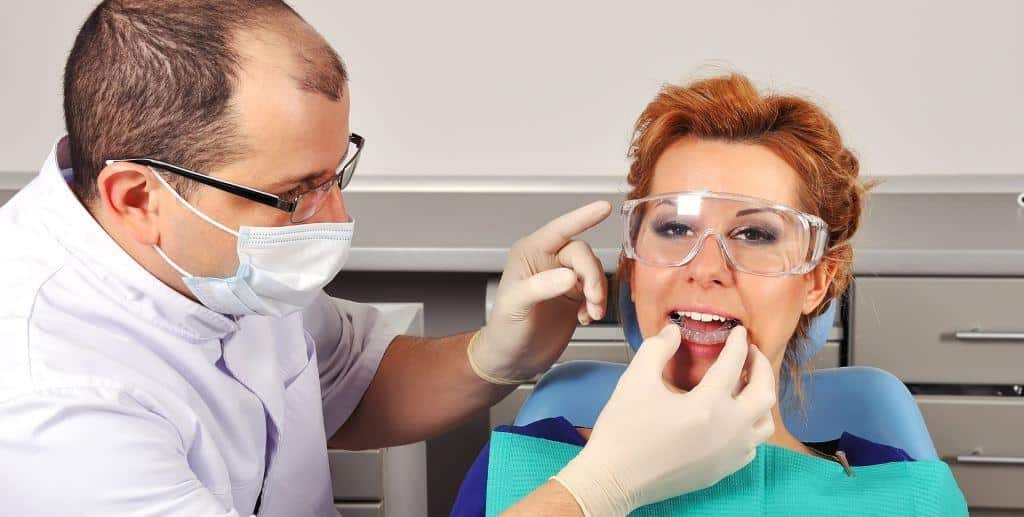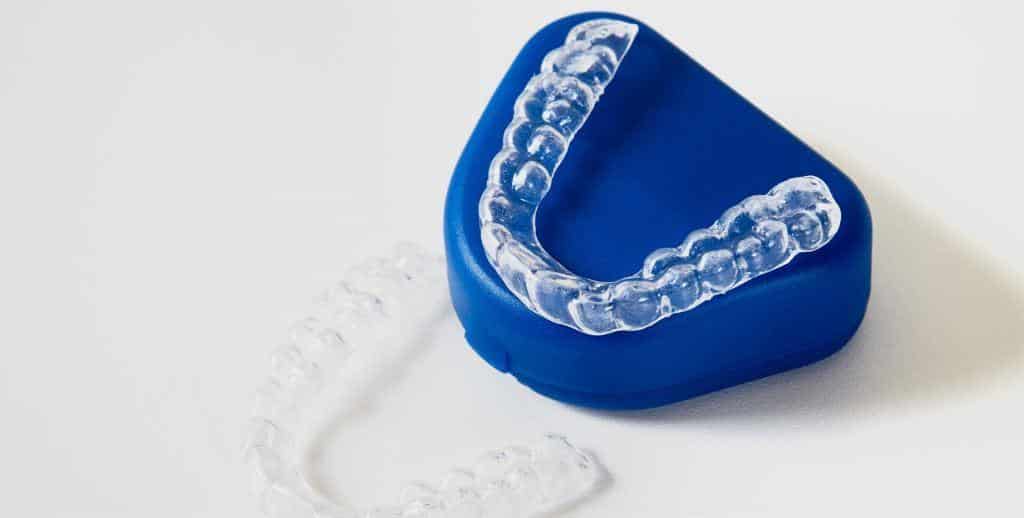Teeth grinding, bruxism or orthodontic treatment may require a relaxation splint. It helps to relax the jaw and bring relief to the patient. And what exactly is it, when is it applied and how much does a relaxation splint for teeth cost in the UK - welcome to the article.
Relaxation rail - when is it worth thinking about?
The most common indications for a relaxation splint are long-term stress and associated habitual jaw clenching. But not only!
If you are struggling with bruxism, i.e. the persistent grinding and clenching of teeth, a relaxation splint may be your salvation. Firstly, it gives your muscles a "rest" and secondly, it protects your teeth from grinding and cracking. You can read more about the ailment itself and the consequences of not treating it in our article "Bruxism, or teeth grinding - where it comes from and how to get rid of it".
The tooth relaxation splint is also used for orthodontic treatment, e.g. for the treatment of malocclusion. In turn, you can read more about this topic in our text "Malocclusion in adults - causes, consequences and treatment".
It is also recommended for people with temporomandibular joint dysfunction.
The rails are most often used at night, but because they are made of transparent material they can also be used during the day.

What is a relaxation splint?
These are nothing more than tooth trays fitted to your teeth. As a result, they not only adhere perfectly to your teeth, but also do not cause abrasion to your gums or tongue.
The splints are created based on an impression taken by the dentist. They are most often made of acrylic, which is durable and protects the teeth from damage.
You can also find soft relaxation splints on the market, available from pharmacies. If you opt for them, you will get trays made of a thin layer of material, which you simply dip in water and then place on your teeth. After a few minutes they should adjust to your teeth.
However, before you decide on the second option consult your dentist. Soft relaxation splints by being thin may not work for you. Not only will they not help, they may harm you and you will lose money.

How much does it cost?
A relaxation splint for teeth in the UK costs from £15 for a soft one to £400 for a professional one made by a dentist. At our practice you will pay £200 for a splint.
What is important if you combine its cost with dental treatment, and the total price is more than £350, you will be able to spread the payment into instalments that are convenient for you. Importantly, the first 12 months are zero interest, so you only pay back the amount you have spent.
You can read more about our instalment system in our text "Teeth on credit: dental treatment on hire purchase". IMPORTANT: Our system is secure and regulated by the Financial Conduct Authority (FCA number 619628), the government's financial regulator.

How do I look after the relaxation splint for my teeth?
Finally, we would like to take a moment to write about how to care for the relaxation rail. If you use it, don't forget to rinse the splint after each use and store it in the original ventilated box. If any food residue or residue appears in the cavities, remove it with a soft toothbrush.
Lack of proper care for the relaxation splint on the teeth can have serious consequences for your health. These range from tooth decay to infections and joint pain. We wrote more about the topic in the article "Decayed teeth a danger to the health of the whole body".
Therefore, we recommend that you take care of the relaxation splint, then you will also take care of your teeth and bring yourself relief.
And if you have questions or are struggling with bruxism, we invite you to contact us.

